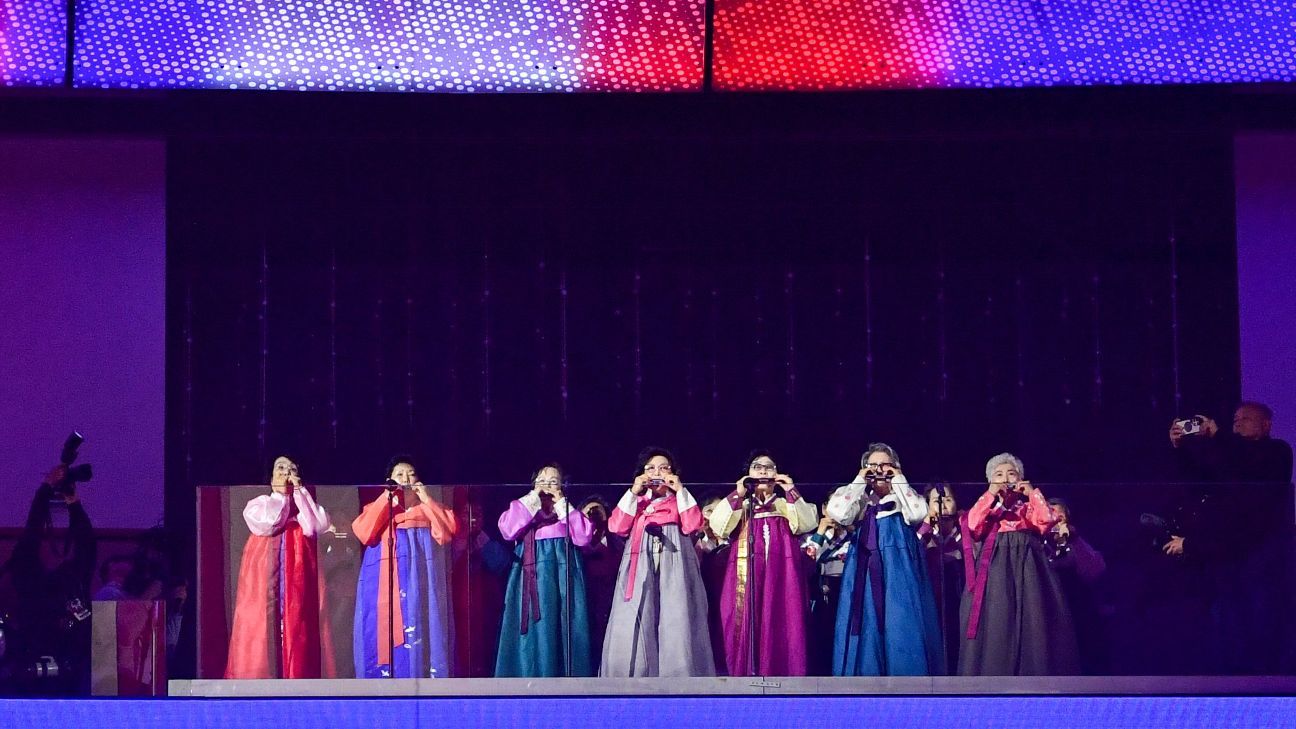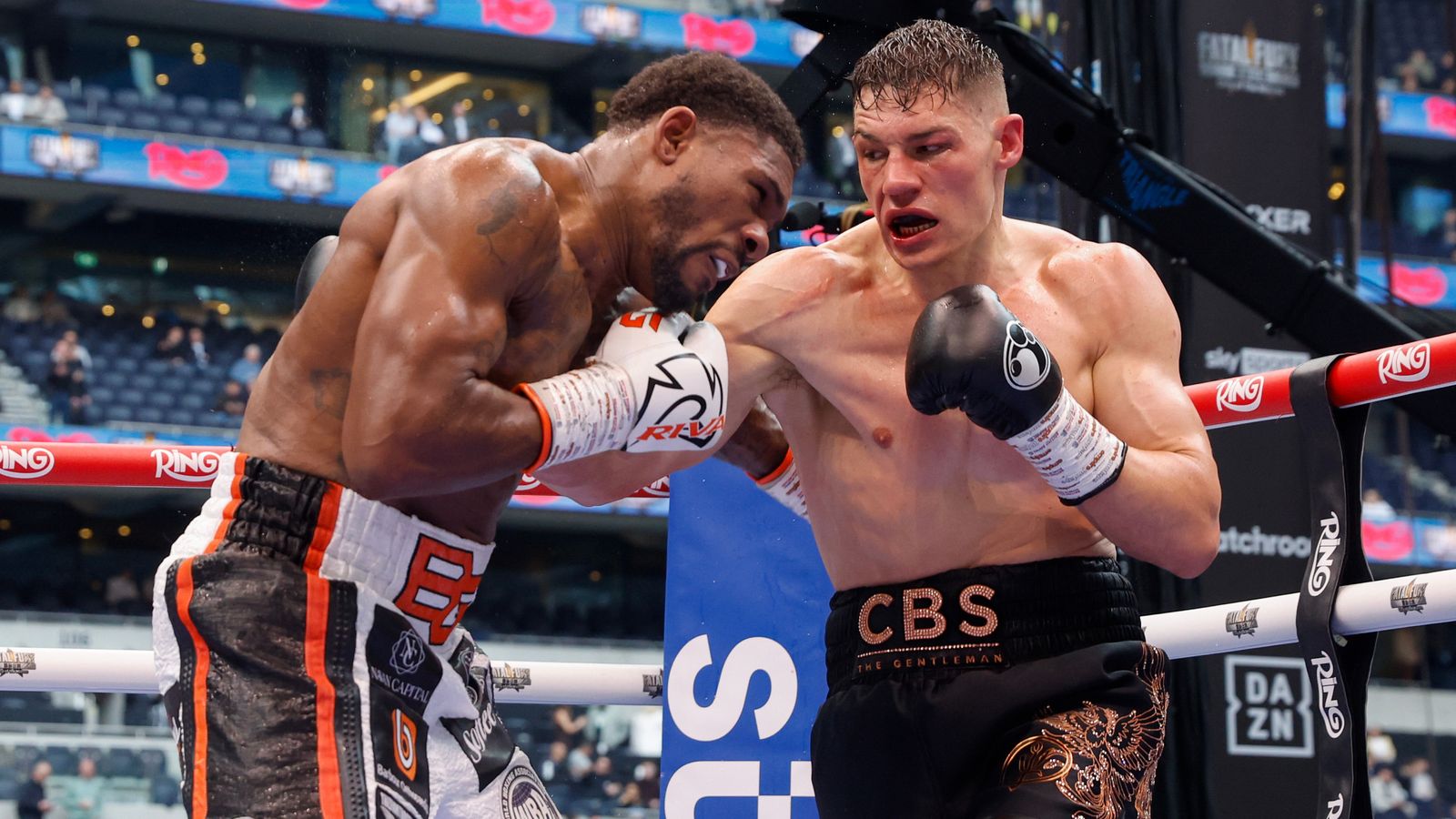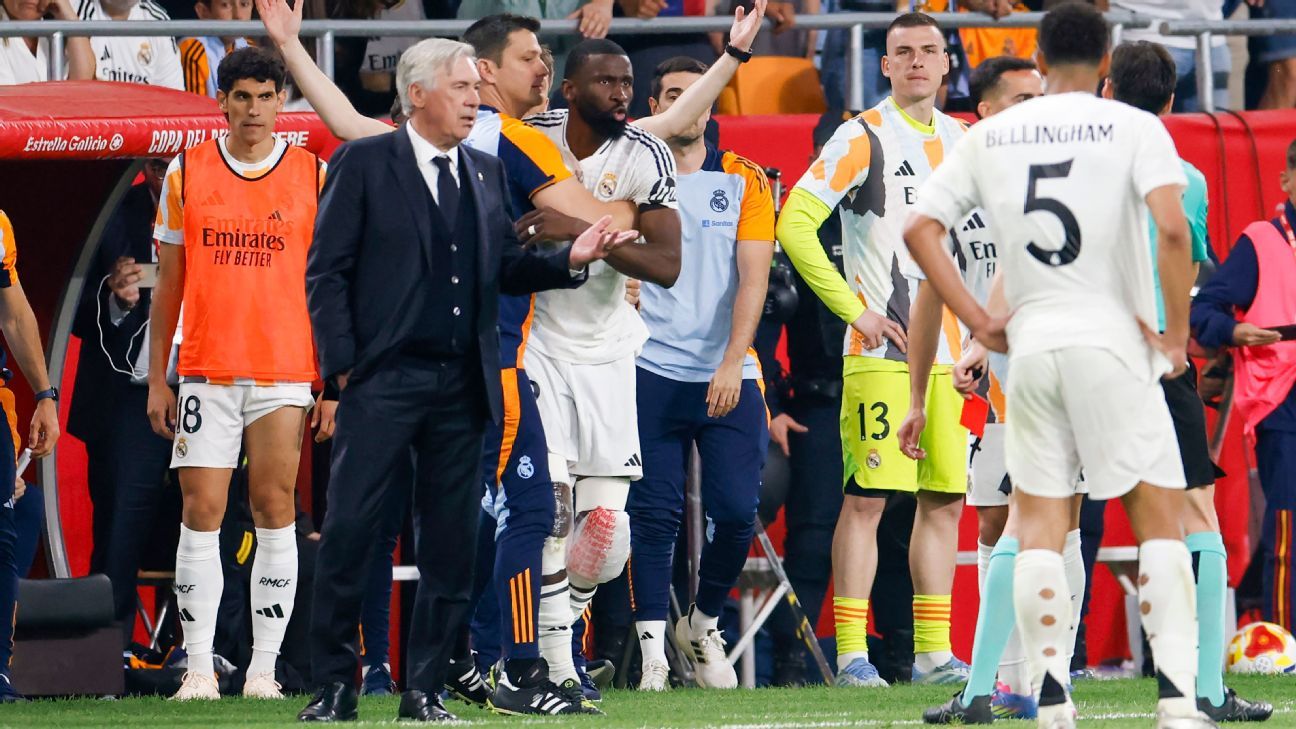
For a specific generation of Koreans, playing the harmonica is a reminder of their youth and their home — whereas not playing the harmonica for decades reminds them of what they left behind to pursue something more.
This includes Donna Lee. Now that she’s 80 years old, Lee can look back on a life growing up in Seoul, where she played the harmonica as a child in music class. She immigrated to the United States, and that led her to Southern California. She found a place in Koreatown, near downtown Los Angeles, where she still lives to this day, and worked at a local hospital for nearly 30 years before retiring.
Retiring left her bored and wanting more. That drew her to the Koreatown Senior and Community Center of Los Angeles. The center offered Lee and many of her compatriots a chance to take classes and enjoy the life they worked so hard to create. Then, in 2023, Lee joined the center’s harmonica class, in which she and her classmates repeatedly practiced “The Star-Spangled Banner.”
“We have a weekly practice that’s one or two hours,” Lee said. “We’ve done it almost every week and have played it so many times I can’t count.”
With Los Angeles having the largest Korean community in the nation, the class was asked to perform at various events throughout the area. In January, the Los Angeles Kings reached out to the KSCC and invited the harmonica class to perform in March as part of the team’s Korean heritage night.
The response they received was so strong that they were invited to perform the national anthem before Game 1 of the Kings’ first-round Western Conference series against the Edmonton Oilers on April 21. Lee and 12 of her classmates donning hanbok — which is traditional Korean clothing — performed the national anthem and immediately went viral in a game the Kings won.
🎶Harmonicas heard ’round the world 🎶
📲 https://t.co/GBuBWqCo9w#GoKingsGo pic.twitter.com/EobOzy8HKi
— x – LA Kings (@LAKings) April 22, 2025
The performance was so popular that it led to the group being invited to perform at Game 2, which not only saw them gain more fans, but the Kings also won to take a 2-0 series lead. Since then? They’ve turned into a sensation that has not only caught the attention of the hockey world and Southern California, but it’s even getting attention in South Korea.
“I could have never imagined that this would happen,” Lee said.
IN THE SPAN of two years, the KSCC’s harmonica class went from only playing the national anthem in a classroom to performing in front of 18,000 fans on heritage night.
That was already the experience of a lifetime. But to receive an invite to perform at a Stanley Cup playoff game? Not only once, but twice? And to have nearly everyone in the building sing with their performance, and have social media go into a frenzy, with fans asking that they return for every home game?
It’s the sort of encounter that goes well beyond hockey, treading into a place that is deeper and more meaningful for Kwan-Il Park, a retired political journalist in South Korea who is now the KSCC’s executive director.
“There hasn’t been that many chances where the Korean community and the mainstream community was able to come together in this way,” Park said through Sandra Choi, who serves as an interpreter and is also a volunteer at the KSCC. “The key point in this is that the harmonica is not an expensive instrument. It’s $15 or $20 and it’s an everyday instrument for everybody.”
Park said the fact that the class was able to perform the national anthem with an instrument that is so universal created a moment that saw them feel immersed in their culture, while also paying homage to a place they’ve now called home for many years.
“We’ve always been perceived to be outsiders, immigrants with cultural barriers and language barriers,” Park said. “You come here, work straight for 30 or 40 years. This time, we were able to stand shoulder-to-shoulder as a Korean American and not just as an immigrant and to perform in front of 20,000 people? I don’t even know what the right word is for that.”
Park said Koreans first began immigrating to the U.S. in 1903, with many coming to cities along the Pacific Ocean. After the Korean War in the 1950s, there would be a second wave that contributed to the current landscape in which nearly 2 million Koreans live in the U.S.
Although Chicago, New York City and Washington D.C. have sizable Korean communities, Los Angeles has the largest, with 17% of all people of Korean descent in America living there, according to the Pew Research Center.
But what makes playing the national anthem on a harmonica so special? It’s because of how the instrument ties a life they once knew with the one they came to build for themselves and future generations.
KSCC chairperson Yong-Sin Shin said a certain generation of children growing up in South Korea were introduced to the harmonica in second grade as part of music class. While those children had a chance to play for a few more years, many of them stopped playing after immigrating to the U.S.
For the group at the KSCC, the harmonica connected them to those times.
Choi said that for many older Koreans, playing the harmonica was a chance for them to relax, which was something that often wasn’t afforded to a group that spent many of their years working to take care of their families.
“We would find a harmonica in my house because my dad had one,” Choi said. “If he plays it, it somehow rings a soul of my childhood as a Korean American. Even though I’m not from Korea, it has kind of a tie to all of us with the tone and the songs that we play on it.”
Shin said the KSCC was founded with the intent that older generations of Koreans could find community while providing them classes to fulfill them in their later years.
At first, the KSCC offered five classes per week. Since then, the center has expanded its offerings to 47 classes every Monday through Friday. Shin said the center attracts nearly 1,500 people per week.
Those classes range from developing skills that can be used in daily life to subjects that are meant as a hobby. For example, the KSCC offers multiple classes for those interested in improving their oral and written skills in English. They also provide beginner- and intermediate-level classes for those who want to learn how to use a smartphone.
Yet the crown jewel of the KSCC curriculum? It might be the 11:10 a.m. Wednesday harmonica class that lasts for 50 minutes.
Shin said the harmonica class started in 2021. The class started off by practicing for weeks at a time before they felt comfortable performing in public. Shin said the class would perform at events such as Mother’s Day, Thanksgiving or Seollal, which is Korean Lunar New Year in February. The profile of the class began to grow when the group was invited to perform at Los Angeles City Hall in 2023.
“Our senior harmonica class performed in front of 100 people and everybody liked it,” Shin said. “So, we continued to perform at our events at the senior center and they got better and better, and we started to get more invitations to play the harmonica.”
THERE’S A POINT that Park, Shin and Choi, even speaking outside of her role as an interpreter, all get across when it comes to the performance of the harmonica class and the popularity it achieved in such a short window.
Nobody saw this coming.
“I have a child in high school, and she even showed me the clip because it was so viral,” Choi said. “She said, ‘Isn’t this where we volunteer?'”
Part of the reason for that surprise can be measured through social media. It’s not easy to find a video of the group’s first performance for the Kings, probably because it was a regular-season game.
Compare that to the playoffs, when the anthem was televised nationally in North America.
Granted, anthem singers are no strangers to attention. But when it’s around a dozen Korean senior citizens performing — with harmonicas? Something that distinctive was bound to attract attention inside and outside the sport.
And it did, resulting in the group being invited back for Game 2, but this time instead of wearing traditional Korean clothing, they were decked out in Kings jerseys — while also having even more expectations now that the masses knew what was coming.
Their performances have led to people posting comments on social media that range from “Oilers comeback bid was cool but you ain’t beating the Kings in the house that the Korean Harmonica Grannies built” to an Oilers fan asking, “Does anyone in the Edmonton Korean Community play Harmonica? We need to fight fire with fire here.”
“We were not nervous,” Lee said of herself and her classmates. “It was my first time going to the arena because of the performance. So many people were surprised, and we just enjoyed the wonderful arena. It was a big place with a lot of people. We thought the performance was good and we just did a lot of preparing and practicing for the national anthem.”
Lee said she had never watched a Kings game but made a point to stay for Game 1 and immediately became a fan. She said there were some members of the class who stayed and others who went home.
But now?
“We’re all L.A. Kings fans now!” she said with a laugh.
Lee and Park said they have heard from family and friends in South Korea about how their performance has made headlines there. This is another detail nobody saw coming, but it adds to the visibility of Korean culture.
The Kings joined the Lakers, Dodgers and Clippers in having a Korean heritage night. Both the Rams and Chargers have also promoted initiatives during Asian American and Pacific Islander (AAPI) Month.
It’s also coming at a time when more Korean food, film, music and television hold a place in the mainstream.
“We have K-pop, K-drama, K-food, K-beauty — and now we have K-seniors,” Lee said.
#group #Korean #harmonica #players #captivated #world






